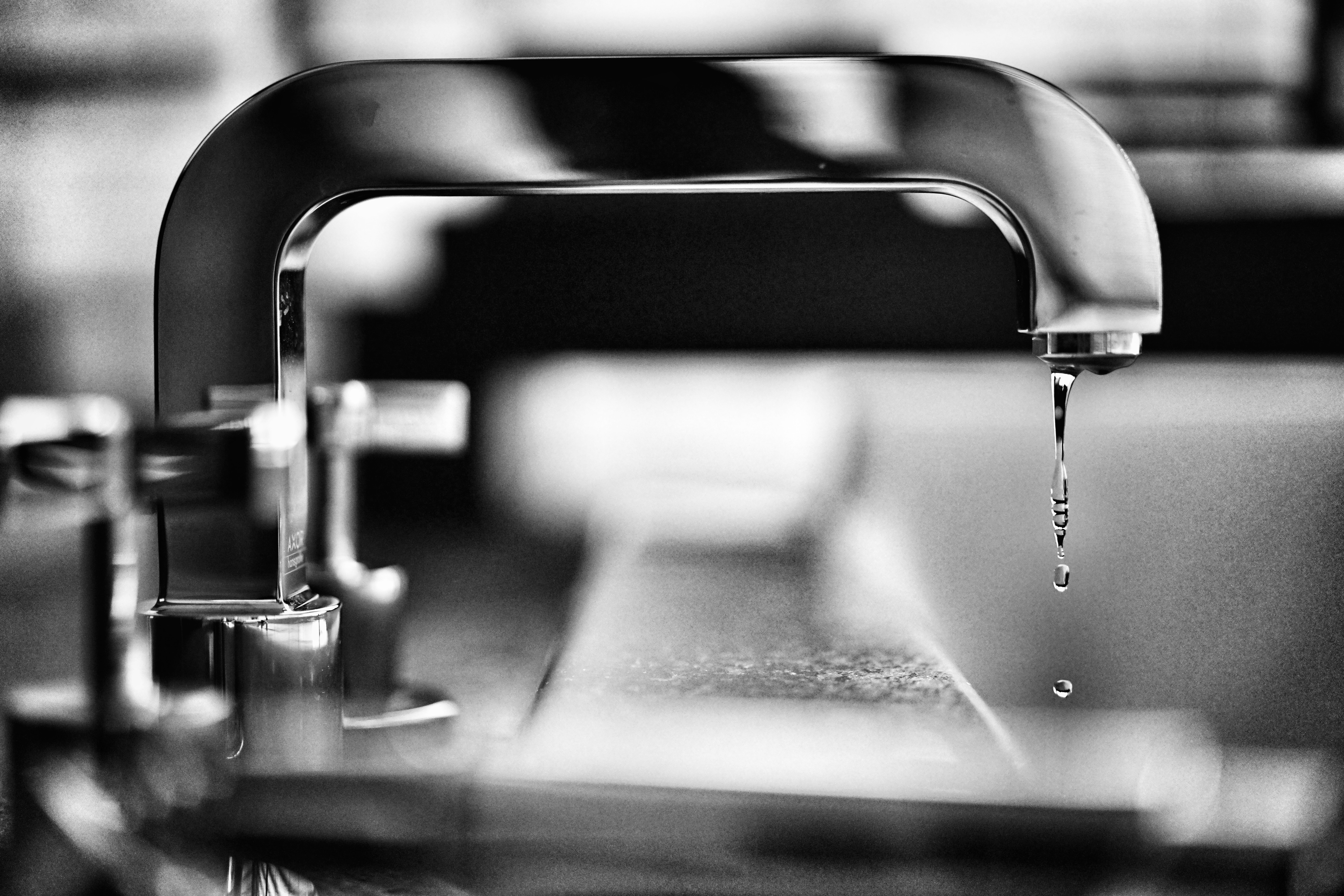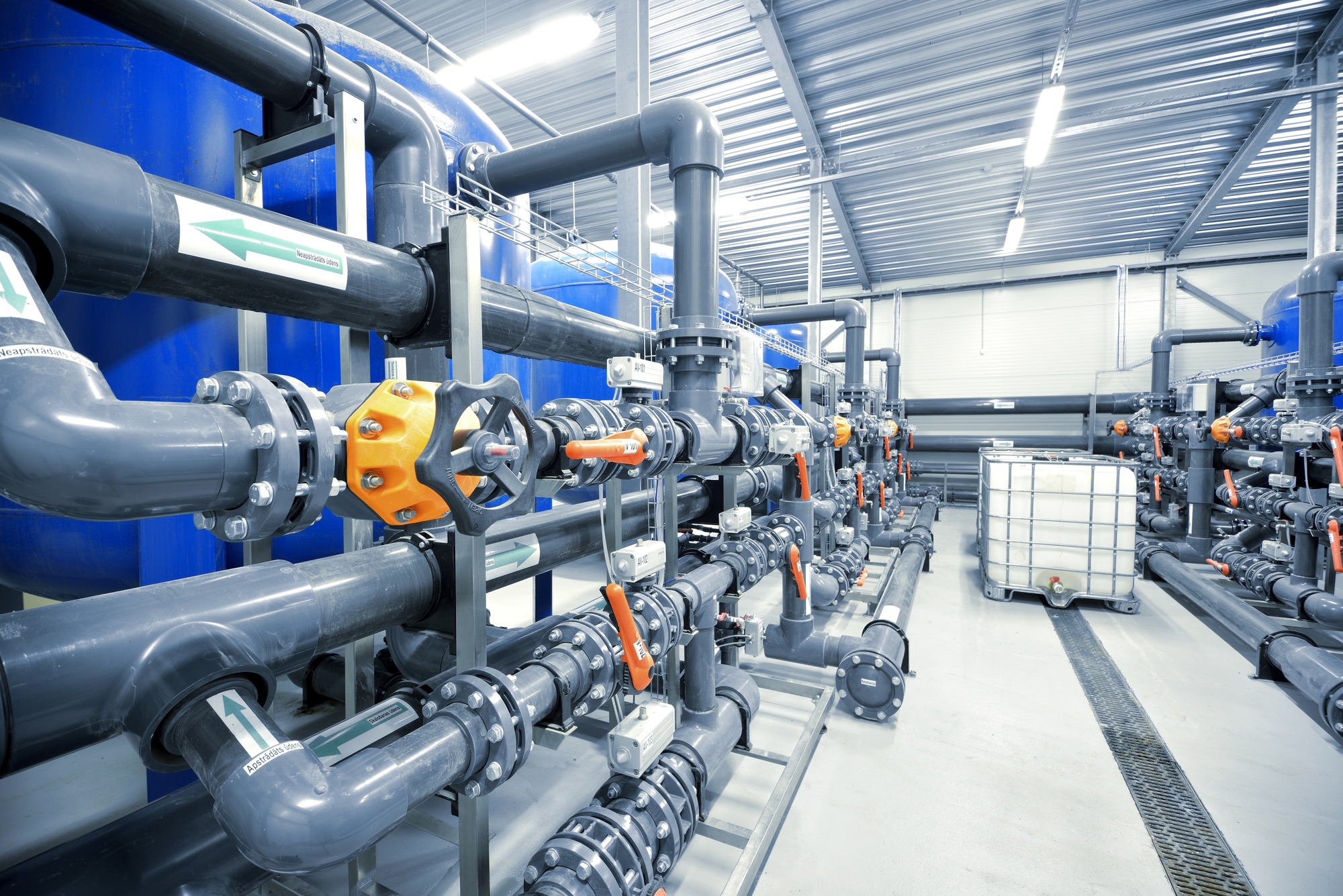Heat Pump Applications Surge After Increase in Government Grant
Heat pumps have been around for quite some time, gaining popularity as people have become more environmentally conscious. However, recent developments in the HVAC industry, such as an increase in government grants, have led to a surge in heat pump applications in residential and commercial buildings. This article aims to provide a comprehensive guide and better understanding of the workings of a heat pump, its features, and its benefits.
What is a Heat Pump?
A heat pump is a system that uses electricity and refrigeration technology to move heat into or out of a building. It operates on the same principle as a refrigerator or air conditioner, but in reverse. The system pulls heat from the air outside and transfers it to the inside of the building to provide warmth during the colder months. During the summer, the heat pump removes the warm air from the inside of the building and transfers it outside, providing a cool and comfortable indoor environment.

Types of Heat Pumps
The most common types of heat pumps are air-source and ground-source heat pumps. An air-source heat pump can draw warmth from outdoor air, while a ground-source heat pump pulls heat from the ground. They come in various sizes, with larger units suitable for commercial buildings.
How a Heat Pump Works
Heat pumps include two primary components: an outdoor unit and an indoor unit. The outdoor unit comprises the compressor, condenser, and heat exchanger. The indoor unit contains the air handler unit and the evaporator coil. The components work together to move heat inside or outside of the building, depending on the season.
During the heating season, the heat pump takes heat from outside and moves it inside. The refrigerant in the outdoor unit absorbs heat energy from the outside air and circulates it to the indoor unit through copper tubing. The refrigerant then passes through the indoor evaporator coil, where the heat transfers to the indoor air. From there, the system distributes the warm air to different rooms in the building through the ductwork and registers.

During the cooling season, the process works in reverse. The heat pump takes the warm indoor air and moves it outside, where it absorbs heat from the outside air and returns the cool air back to the building. This process is known as the refrigeration cycle, which is energy-efficient and cost-effective.
Benefits of a Heat Pump
Heat pumps offer several benefits to homeowners and commercial building owners. They are energy-efficient, as they move heat from one place to another, rather than generating it. Consequently, they can lower energy bills and save money in the long run.
Heat pumps also provide an all-in-one heating and cooling solution – you don’t need separate systems for each season. They regulate indoor temperature, maintain consistent airflow, and filter indoor air for better air quality.
Furthermore, heat pumps are environmentally friendly. They reduce greenhouse gas emission and reduce dependency on fossil fuels by using renewable energy sources.
Increase in Heat Pump Applications
The recent increase in government grant programs has encouraged homeowners and businesses to install heat pumps. These grants are aimed at incentivizing people to transition to eco-friendly energy options and reduce their carbon footprint. In addition to government grants, some utility companies provide rebates to encourage customers to switch to energy-efficient HVAC systems.
The COVID-19 pandemic resulted in an increase in demand and installation of HVAC systems, including heat pumps. Many homeowners and businesses have become more aware of indoor air quality, and heat pumps offer a solution. They eliminate the need for ductwork, which could accumulate dirt, dust, and allergens.
Conclusion
With the increase in government grants and awareness about eco-friendly options, heat pumps have become an attractive option for homeowners and businesses. They provide an all-in-one solution for heating and cooling and are energy-efficient and cost-effective in the long run. The recent surge in heat pump applications is a positive trend towards a more sustainable future. To learn more about heat pumps or any HVAC system, visit aceplumbingrepair.com or call (844) 711-1590 to speak with our plumbing experts.





